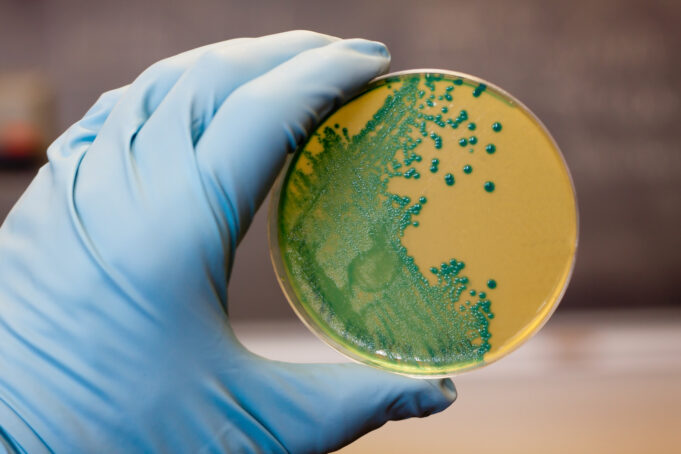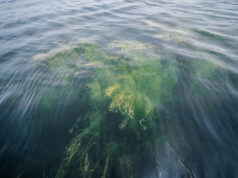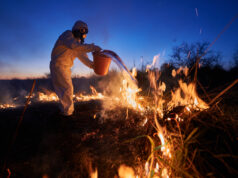Domestic hot-water boilers, often overlooked as simple heating appliances, harbor a complex and unique microbial ecosystem. A recent study led by Professor Thomas Egli sheds light on the unexpected communities thriving within these seemingly ordinary devices.
A Hidden World of Microbes
Contrary to popular belief, hot-water boilers are not sterile environments. In fact, they are home to a distinct community of heat-loving bacteria, unlike those found in cold drinking water. These thermophilic microbes, well-adapted to temperatures between 50° and 60°C, thrive in the warm environment of the boiler.
The study revealed that these boilers act as semi-continuous bioreactors, creating ideal conditions for microbial growth. The heating process transforms dissolved organic matter in cold water into usable organic carbon, fueling the proliferation of these microbes. Interestingly, even boilers with UVC-treated cold water still support active microbial communities, demonstrating the resilience of these ecosystems.
The Need for a Deeper Understanding
Despite the prevalence of domestic hot-water installations, little attention has been given to their microbiology beyond concerns about Legionella. However, Egli’s study suggests that a broader understanding is necessary. Thermophilic strains may influence overall water quality and potentially interact with opportunistic pathogens, highlighting the need for more comprehensive regulations and guidelines.
Advanced Monitoring Techniques
Flow cytometry is a valuable tool for rapid and accurate analysis of microbial communities in hot-water systems. This technology allows for the quick assessment of bacterial abundance and differences between hot and cold water, providing crucial insights for understanding these unique environments.
Future Directions
Further research is essential to explore the interactions between thermophilic bacteria and pathogens like Legionella pneumophila. Additionally, developing more effective hot-water system guidelines based on a deeper understanding of microbial ecology is crucial to ensure the safety and quality of our domestic water supply.
This recent study by Professor Egli underscores the importance of recognizing the microbial ecology of domestic hot-water boilers. By understanding the factors influencing the growth and composition of these thermophilic communities, we can take steps to ensure the safety and quality of our domestic water supply.





